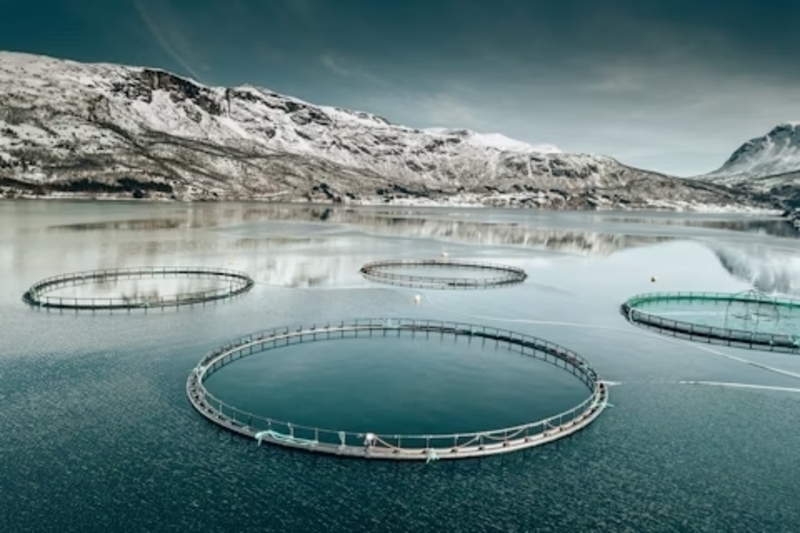SGS unveils extensive range of PFAS testing services and accreditations

SGS has unveiled an extensive range of PFAS testing services and accreditations, providing the broadest scope of capabilities in this area.
SGS’ suite of per- and polyfluoroalkyl substances (PFAS) testing services provide precise, reliable testing to support stakeholders in meeting regulatory requirements and demonstrating product safety. This helps minimise PFAS contamination, protect public health, safeguard the environment, and prevent harmful leaching from products.
Recently, SGS supported a pivotal New Jersey study on PFAS levels in water, soil and fish that contributed towards fish consumption advisories to protect at-risk consumers.
PFAS are a diverse group of chemicals, useful for their oil and water repellant properties, that are recognised as persistent, toxic and harmful to human health and the environment. Prolonged exposure to PFAS can cause a wide range of conditions, from cancer and thyroid disease to impaired fertility and weakened immune response.
SGS has been a pioneer of PFAS detection since news of PFAS contamination in Parkersburg, Virginia, in the early 2000s drew attention to their considerable health risks. Upon request of the US Food and Drug Administration (US FDA), the company notably developed the benchmark reference method for PFAS testing, known as the EPA 1633 method, for the US Environment Protection Agency and the US Department of Defense.
“With growing global scrutiny on PFAS and their impact on health and the environment, our expanded testing services empower businesses to take proactive steps in mitigating these risks,” said Géraldine Picaud, CEO of SGS. “We are proud to be at the forefront of this effort, providing trusted solutions that promote safety and sustainability.”
Related content
Source: foodanddrinktechnology.com

